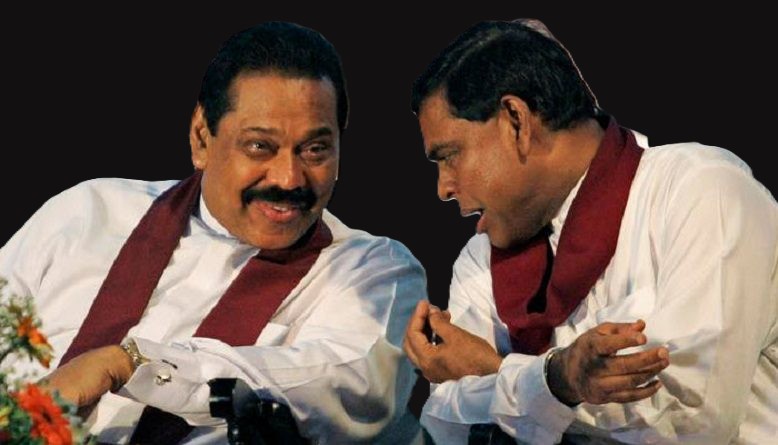(Sri Lanka Brief/05 November 2025)
Corruption in Sri Lanka is not a new phenomenon. For decades, allegations of misappropriation of public funds, abuse of power, and misuse of State resources have plagued successive governments. The recent investigation into former Minister Basil Rajapaksa, accused of misusing over Rs. 1.03 billion in public funds between 2010 and 2015, underscores the depth of the problem and raises critical questions about accountability in governance.
The Allegations: A Snapshot of Excess
The Commission to Investigate Allegations of Bribery or Corruption (CIABOC) has launched a probe based on findings from the PRECIFAC report, which documented serious irregularities during Rajapaksa’s tenure. Presidential Commission of Inquiry to investigate and inquire into Serious Acts of Fraud, Corruption and Abuse of Power, State Resources and Privileges (PRECIFAC) were handed over to the Secretary General of Parliament on the 17th of January 2018.
Among the allegations:
- Misuse of Air Force Aircraft
Between June 2010 and November 2014, Rajapaksa allegedly used Sri Lanka Air Force aircraft for domestic travel, incurring costs of Rs. 155.4 million, charged to the ‘Maga Neguma’ development project. - Presidential Secretariat Vehicles
He reportedly utilised 14 vehicles, including three luxury vehicles for security, causing a loss of Rs. 612 million to the State. - Military Personnel for Personal Security
From January 2010 to January 2015, 64 Navy personnel and 84 Army personnel were assigned for his personal security, with salaries and allowances amounting to Rs. 264.3 million.
These figures paint a stark picture of how State resources were allegedly diverted for personal benefit, eroding public trust and draining national coffers.
Why Does Systemic Corruption Persist?
Sri Lanka’s governance structure has long been criticised for weak institutional checks and a culture of impunity. Several factors contribute to this systemic failure:
- Concentration of Power
Political dynasties and centralised decision-making create environments where accountability mechanisms are easily bypassed. - Weak Enforcement
While bodies like CIABOC exist, their effectiveness is often undermined by political interference and resource constraints. - Normalisation of Misuse
The use of State assets for personal or political purposes has become entrenched, blurring the line between public service and private privilege. - Delayed Justice
Investigations often drag on for years, allowing accused individuals to maintain influence and evade consequences.
The Role of PRECIFAC and CIABOC
The Presidential Commission of Inquiry into Serious Acts of Fraud, Corruption and Abuse of Power (PRECIFAC) was a landmark initiative aimed at exposing high-level corruption. Its findings, now forming the basis of CIABOC’s investigations, highlight the scale of abuse during the post-war reconstruction era.
CIABOC’s decision to act on these findings is significant. It signals a renewed commitment to accountability, but whether this will translate into convictions remains uncertain. Past experience suggests that legal processes are often slow and susceptible to political bargaining.
Public Accountability: A Missing Link
Civil society organisations, such as Citizens Power Against Bribery, Corruption, and Waste, play a crucial role in demanding transparency. However, systemic change requires more than activism:
- Legal Reforms: Strengthening anti-corruption laws and ensuring independence of investigative bodies.
- Digital Transparency: Implementing e-governance systems to reduce discretionary power.
- Cultural Shift: Promoting ethics in public service and rejecting patronage politics.
Why This Case Matters
The Basil Rajapaksa investigation is not just about one individual. It is a test case for Sri Lanka’s ability to confront entrenched corruption. If the allegations are proven and accountability enforced, it could set a precedent for future governance. Failure, however, would reinforce public cynicism and perpetuate the cycle of impunity.
The Bigger Question
Can Sri Lanka break free from the grip of systemic corruption? The answer lies in political will, institutional strength, and sustained public pressure. Until then, cases like this will continue to dominate headlines—symbols of a deeper malaise that demands urgent reform.
